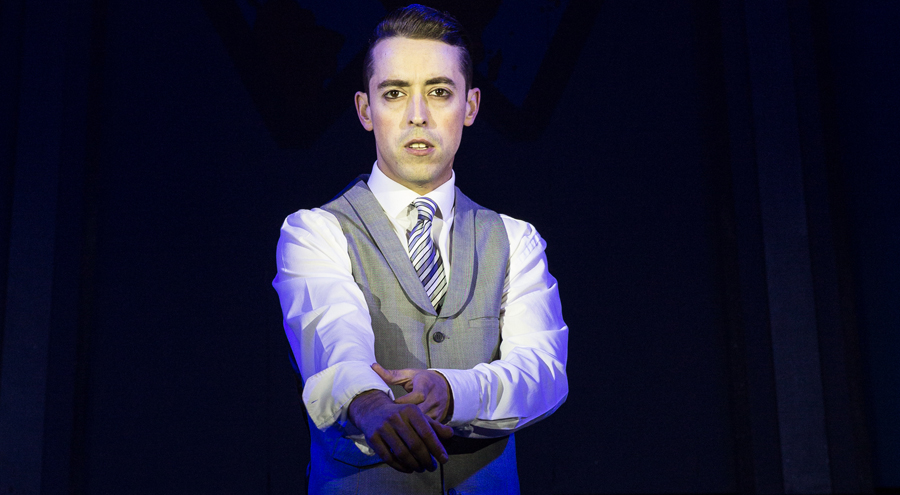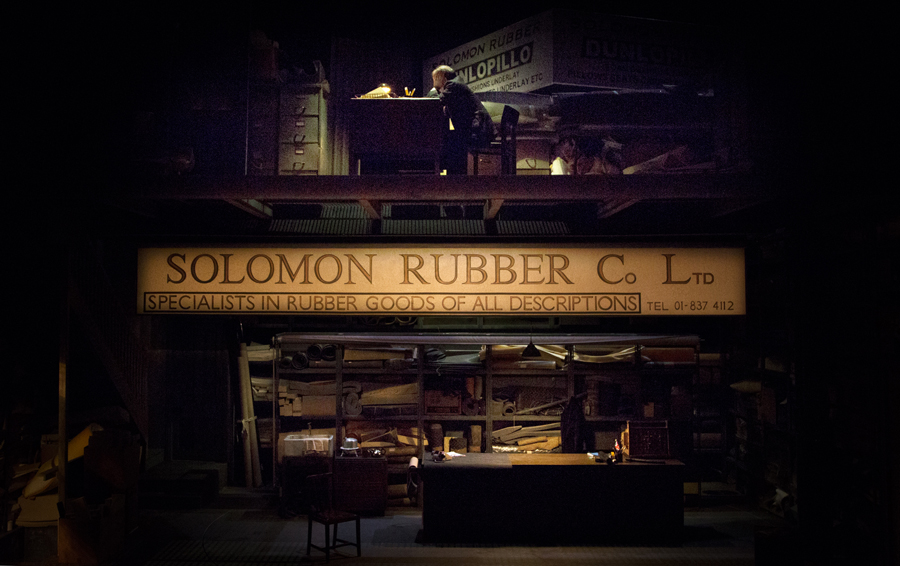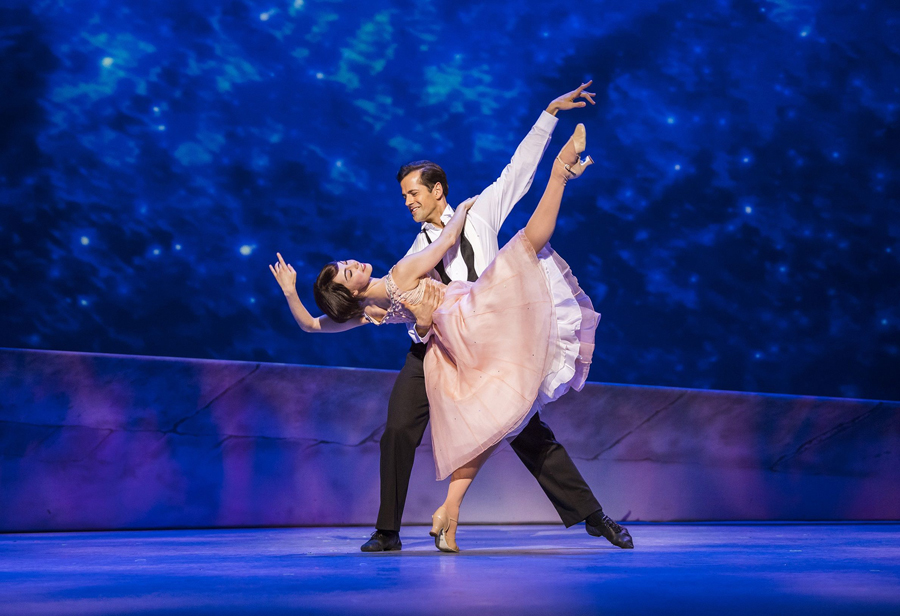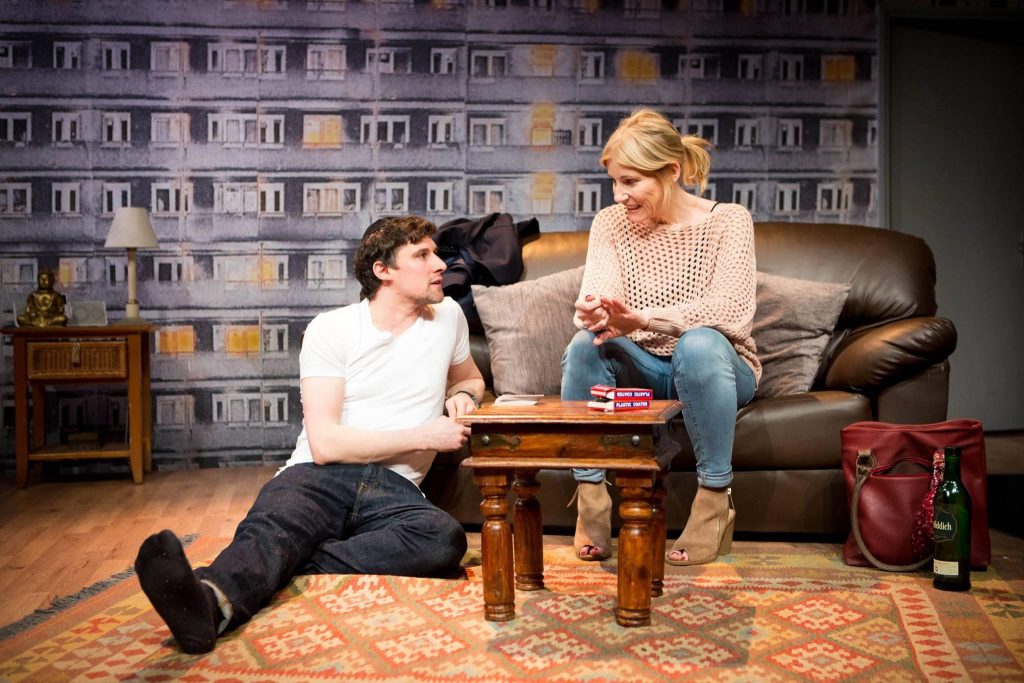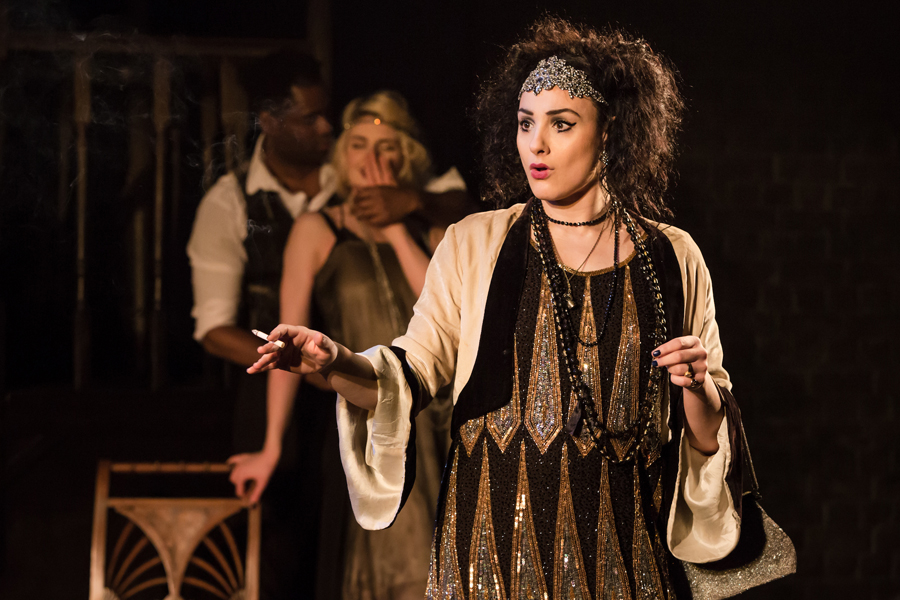 The horrors of the mass killing of disabled children perpetrated by the Nazis are less well-known than the Holocaust, though they were arguably a rehearsal for the final solution. All Our Children, a moving drama from director turned writer Stephen Unwin, tells their story by focusing on one so-called clinic and the awakening conscience of Victor, the ageing doctor who runs it. Unwin dedicates his drama to his son Joey, who has profound learning difficulties, so this first play from the acclaimed theatre director is an intensely personal story.
The horrors of the mass killing of disabled children perpetrated by the Nazis are less well-known than the Holocaust, though they were arguably a rehearsal for the final solution. All Our Children, a moving drama from director turned writer Stephen Unwin, tells their story by focusing on one so-called clinic and the awakening conscience of Victor, the ageing doctor who runs it. Unwin dedicates his drama to his son Joey, who has profound learning difficulties, so this first play from the acclaimed theatre director is an intensely personal story.
Colin Tierney captures every nuance of Victor's struggle in a finely-calibrated performance, neatly contrasted with the cool certainty of his co-administrator Eric, a ruthless young Nazi ideologue, played with terrifying authenticity by Edward Franklin. Eric has no problem with the argument that these 'imbeciles' are a waste of money and precious resources.
The only woman in Victor's life is his gentle solicitous housekeeper Martha (luminous Rebecca Johnson). Indeed there is a suggestion that the bachelor might be gay, which we know could mean he'll share the fate of his charges. Meanwhile Martha has a hinterland that brings the outside world into the clinic, a husband at the front, a bright five-year-old son and a nubile 17-year-old daughter attracting unwelcome attention from Eric.
The doctor receives two visitors, catalysts for a change of heart, Frau Pabst, devoted mother of one of his 'patients' and Bishop Von Galen, a real-life champion of the helpless victims of Hitler's Euthanasia Decree.
Lucy Speed plays Frau Pabst, with heartbreaking and increasingly strident desperation, convinced Victor is hiding the fate of her son, but his evasive answers are more an indication of his inability to explain why he cannot help her and his fears for his own predicament than of callousness.
So it is left to Bishop Galen to make a difference, to add his righteous anger to her furious distress, and so fully awaken Victor's conscience. David Yelland plays Galen with blazing authority – the words righteous indignation are overused, but this is surely what they mean.
Mindful of the fate of so many committed Christians under Hitler and in the light of Eric's contemptuous denouncement of the Bishop, you fear for him. Unwin does not reveal his fate – suffice to say he was beatified by Pope Benedict XIV.
One of the most moving moments, a beautiful heartfelt declaration of real love and affection for her charges from Martha which serves to finally determine Victor's way forward, has all the authenticity of the playwright's experience of the love and joy of living with these children. That he can also write witty, albeit dark lines, evoking audience laughter, only makes the situation more real and immediate. A fine writing debut for this seasoned director.
By Judi Herman
Photos by Camilla Greenwell
All Our Children runs until Saturday 3 June. 7.30pm (Mon-Sat), 3.30pm (Sat only; plus 18 & 25 May). £22-£30. Jermyn Street Theatre, SW1Y 6ST. 020 7287 2875. www.jermynstreettheatre.co.uk





